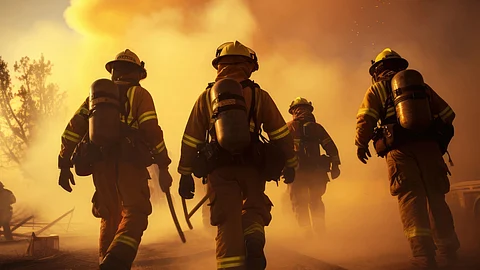Because cancers often take many years to develop, the authors note this research highlights the advantages of studies like the ACS Cancer Prevention Study-II that follow participants for decades and can account for other factors like smoking and socioeconomic status. The higher risk of dying from lung cancer was only clear after studying participants for 30 years. The study also calls attention to the importance of proper personal protective equipment for the skin, as the rates of fatal skin cancers were higher among firefighters in this study population.
“Although this isn’t favorable news, this study shines a spotlight on the long-term risks firefighters face beyond the immediate dangers of fighting a fire. Continued efforts to safeguard the health of firefighters by increasing access to cancer screening, early detection, and prevention are paramount,” Teras added. “This population plays a crucial role in our communities as first responders and protectors of life and property.”
Other ACS researchers contributing to the study include Dr. Ryan Diver, Dr. Robert Smith, Dr. William Dahut, Ellen Mitchell, James Hodge, Emily Deubler, and senior author Dr. Alpa Patel.
(Newswise/MKB)


